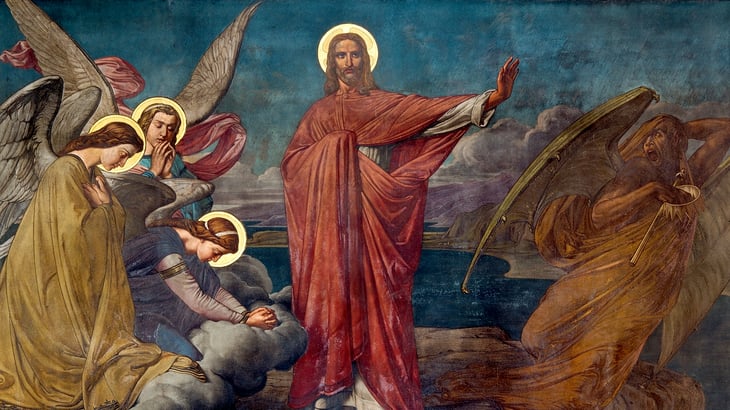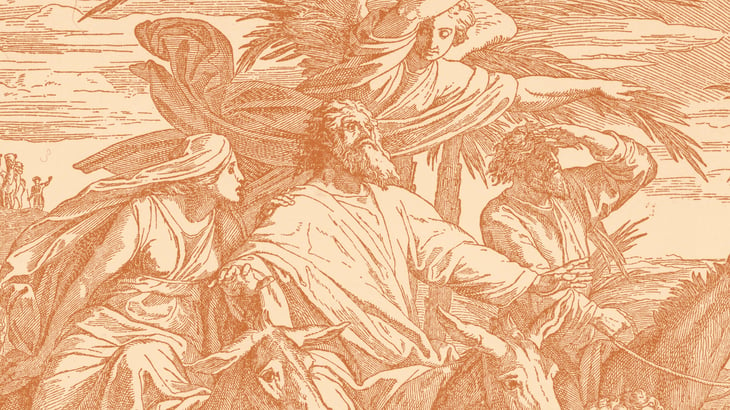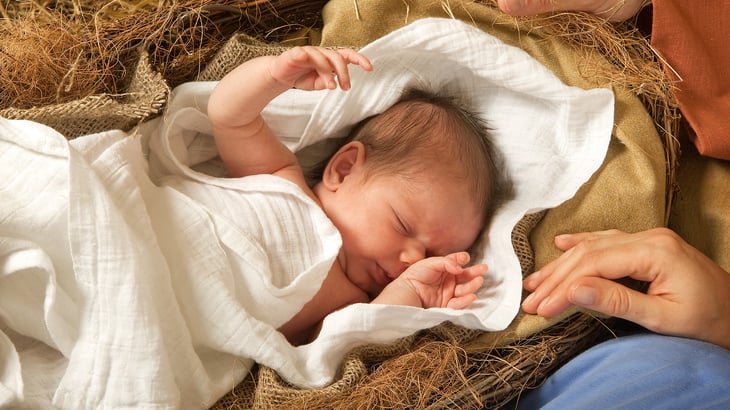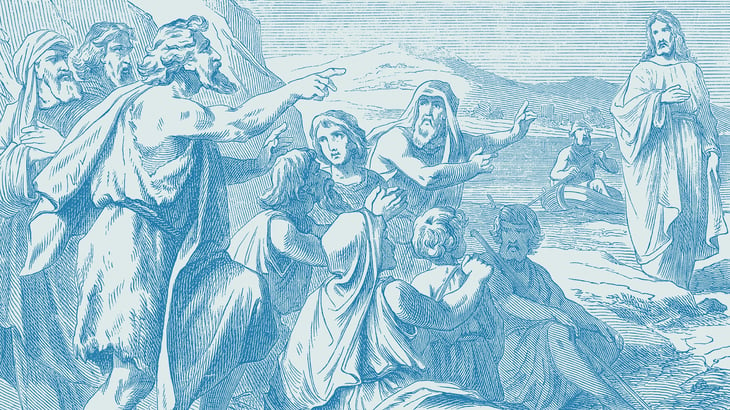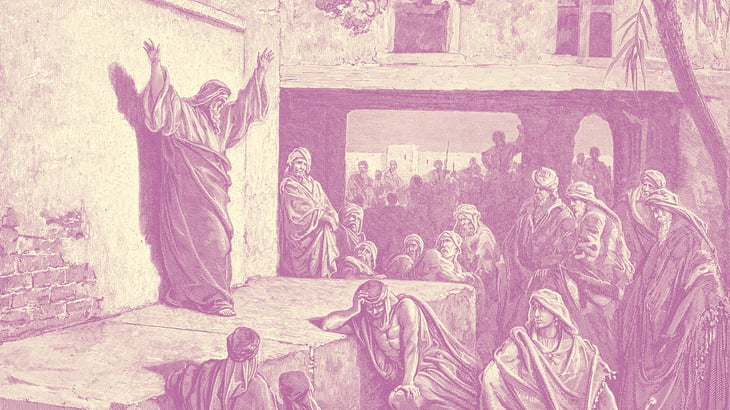Exodus and God’s Law
This blog post is adapted from Lutheran Bible Companion, Volume 1: Introduction and Old Testament.
Why Is God’s Name Important?
This blog post is adapted from Blessed Be His Name by Rev. Dr. Kevin Golden.
Preaching on the Psalms
If you are a pastor, when was the last time you preached on one of the Psalms? If you are not a pastor, when was the last time you heard a sermon on one of the Psalms? Is it just me, or are the Psalms often overlooked and underused in preaching? I began to notice this several years ago and found I was not alone. Others had noticed a lack of Psalms sermons too.
Digging Deeper into Scripture: Mark 1
In this weekend’s Gospel reading, we find Jesus calling Peter, Andrew, and James and John, the sons of Zebedee, to be His disciples. Mark moves quickly through John the Baptist’s call in the wilderness, his Baptism of Jesus, and Jesus’ temptation. When John baptizes Jesus, Jesus’ Father in heaven endorses His Son with the words, “with You I am well pleased.” (Mark 1:11) After this, Jesus endures Satan’s temptation in the wilderness, proving Himself to also be the Son of Man: He resists the lure of sin, unlike Adam and Eve in the Garden of Eden, and unlike the Israelites who wandered in the wilderness for forty years (an important parallel to the forty days Jesus spent in the wilderness). Jesus calls out that the kingdom of God—His kingdom—is at hand. In this context, Jesus initiates His earthly ministry by calling the disciples with whom He will share it.
Genesis and God’s Salvation Plan
Walther’s Sermon for The Epiphany of Our Lord: Matthew 2:1–12
This post is adapted fromGospel Sermons: Volume 1by C. F. W. Walther.
Today’s text [Matthew 2:1–12] related the first revelation of the newborn Savior to the heathen. In the past twelve days we have, so to speak, celebrated the Christmas of the Jews. Today we celebrate the Christmas of the heathen; this concerns us above all, we who descend from heathen ancestors. Therefore, we are in order to mention today that work by which ever more heathen should be brought to the knowledge of their Savior; I mean mission work.
The Gathering Light of Epiphany
The season of Epiphany is one that often gets overlooked in the Church Year calendar. We’re on board for Advent and Lent, with many congregations meeting midweek to mark these penitential seasons.
Much like the seasons of Christmas and Easter, the season of Epiphany is sparked by a specific feast day that colors the rest of the season. On the Feast of Epiphany (January 6), we observe the Magi visiting Jesus and bringing Him the gifts of gold, frankincense, and myrrh.
To Us a Child Is Born: Luther’s Interpretations on Isaiah 9:6–7
Christmas is a time of celebration that the Savior of the Nations is born! His name is revered throughout the earth as we rejoice in God’s promises fulfilled. Isaiah 9:6–8 is an incredibly well-known verse about Christ’s birth. Read Luther’s commentary on these verses from Luther’s Works, Volume 16: Lectures on Isaiah Chapters 1–39 below.
Digging Deeper into Scripture: John 1
Today, as we read John 1:6–8 and 19–28, we can connect the message of John the Baptist to God’s presence among the Israelites wandering in the wilderness prior to entering the Promised Land. John, Christ’s herald, is not himself the light, but he will eventually baptize the light, Jesus. This begins Jesus’ ministry, at the end of which, He will die and rise again to open the gates of heaven.
Luther’s Introduction to Micah
This post is adapted from Luther's Works, vol. 18 (Lectures on the Minor Prophets I).
When the destruction of the Jewish people was imminent, when the new age and kingdom—namely, Christ—were coming, God sent many great prophets to cry out and lament about the coming destruction of the entire people so that at least some who heard the preaching of a threatening evil might believe, be converted, and, thus converted, be saved. In this way they might delay that terrible and wretched destruction. Thus at the same time prophesied Amos, whom I regard as the first, Hosea, who must be counted after Amos, and Micah. Isaiah also prophesied at the same time, although he would have been the last of these. Now all of them prophesied about the destruction of the old people and the bringing in of a new people, about the abolition of the external kingdom and the establishment of a new spiritual kingdom which would happen through Christ.






